

The original Devil May Cry 4 feels like half a game. Once you reach the midpoint of its 20 missions as the blade-wielding, gun-toting, demon-armed Nero, you fight back through the same locations as usual series hero, Dante. I expected to feel short-changed by this recursive structure, but in a series all about the art of killing, the addition of three extra playable characters in this new-gen Special Edition adds a bit of spice. What’s more, the ferocious combat system - now running at an immediate and satisfying 60 FPS - ensures makes the re-release is somewhat worthwhile in spite of some tedious, outdated level design.
The story is a prime slice of melodrama: Nero must rescue the love of his life from a demon-infested religious order by blitzing their armies with hundred-hit, free-flowing combos in glorious third-person combat. Nero's main selling point is his demonic arm. Like Dante, you can punt enemies into the sky with your greatsword, and keep them afloat with barrage of bullets from your twin pistols, but now when an enemy sails out of range you can snatch them right back with a huge ghostly fist. Break their guard and you can use the arm to throw them, or even hold them to use as a meat shield as you keep up your frenzied assault - most satisfying. Every attack chain is watched by a judgemental score tally that rewards variety and improvisation. If you want to hit the highest style rank, never stop comboing.
Dante returns with a similar ability set to Devil May Cry 3, but his standard assortment of stabs and slashes are augmented by some extreme weapons, like the transforming war-machine, Pandora's box, which can be used as a bow, a rocket launcher and a floating weapons array. Vergil, meanwhile, favours a laconic, katana-led style that will be familiar to players of Devil May Cry 3's special edition - though he feels a little quicker here. Trish made her debut in Devil May Cry 2, and fights with the enormous sword of Sparda, which she uses quickly in conjunction with electrified kicks to stunlock and dice multiple enemies. Her relatively simple controls makes her the friendliest character to use. The Nero/Dante tag team is replaced by Lady and Trish for their playthrough, and oddly the easier of the pair to control is held back for the latter half of the game.
Lady is the standout addition. Her rocket launcher can fire off a dozen missiles in a single attack. When paired with grenades, this creates spectacular bursts of damage that melt hordes in seconds. She's a roving artillery strike, and great fit for the new-to-console “Legendary Dark Knight” mode that vastly increases the number of enemies in each encounter. DMC4's most satisfying moments happen here, when you nuke a packed room into a sea of red orbs with Lady's launcher.
Enemies drop globby soul orbs when they die, which you hoover into your chest and keep until you find a shrine. Shrines let you spend proud souls to unlock new powers, like double jumps, or charge attacks. Nero's sword has some unusual capabilities that can be improved this way. You can rev the handle like a motorbike to imbue it with power, which is a time consuming process, until you buy an upgrade that instantly charges the blade with a well-timed press of the left trigger. It's tricky, but a great high-level technique if you can master it.
It's a good job fighting is still fun, because the rest of the package hasn't aged well. Don't expect any visual upgrades beyond the slicker framerate and a move to 1080p. A port town, a jungle and a handful of gloomy castles provide meagre scenic variety, and by modern standards seem sparse and flatly textured. Level design harks back to Devil May Cry 1, so expect lots of laborious switch-pulling, backtracking and unwelcome platforming and puzzle interludes, including one particularly annoying puzzle that has you punching a giant die to move a statue around. The camera was a problem in 2008, and is just as jarring now. Some areas have fixed camera angles, some don't. A sudden shift in camera can wrongfoot you and send Nero right-angling off wrong-ways. It gets worse during combat in cramped spaces. Enemies trapped behind the sluggish camera could throw a party and you’d never know. Expect to take the odd cheap shot as a result.
It can be a struggle to lock on to a particular enemy too. Devil May Cry 4 has a good variety of villains, from fodder like the limping marionettes to ghostly spectres that spear you with lacerating finger-spikes. They present interesting challenges when combined: if charging lancers appear with a commander, they start using formations and co-ordinating their strikes. Locking on to a primary threat like the commander is a matter of luck, however. The game likes to fixate on enemies the camera is facing rather than the enemies your character is facing, and given that your right thumb is busy unleashing red hot death with the face buttons, this can be a problem.
For all those niggles, combat is responsive and consistently exhilarating. But DMC4's main problem is still repetition, both of levels and of the game's bosses, which you must beat multiple times. The giant demon toad Bael, and its humanoid angler fish lures, make for a memorable and close first fight - DMC4's difficulty is very well balanced - but the novelty fades when you kill it a second time in exactly the same place. The recycling of bosses and areas has a serious cheapening effect on the overall experience.
If you can forgive it that, the lower price tag makes DMC4: Special Edition an easier recommendation. If you played and loved it in 2008, then it's worth picking up for the power trip of playing as Lady. Alternatively, if you've beaten Ninja Theory’s faster, prettier DmC reboot and still have an irresistible urge to combo something, then, flawed though it is, Devil May Cry 4 will deliver. Just be prepared to get very familiar with those environments.
This game was reviewed on Xbox One.
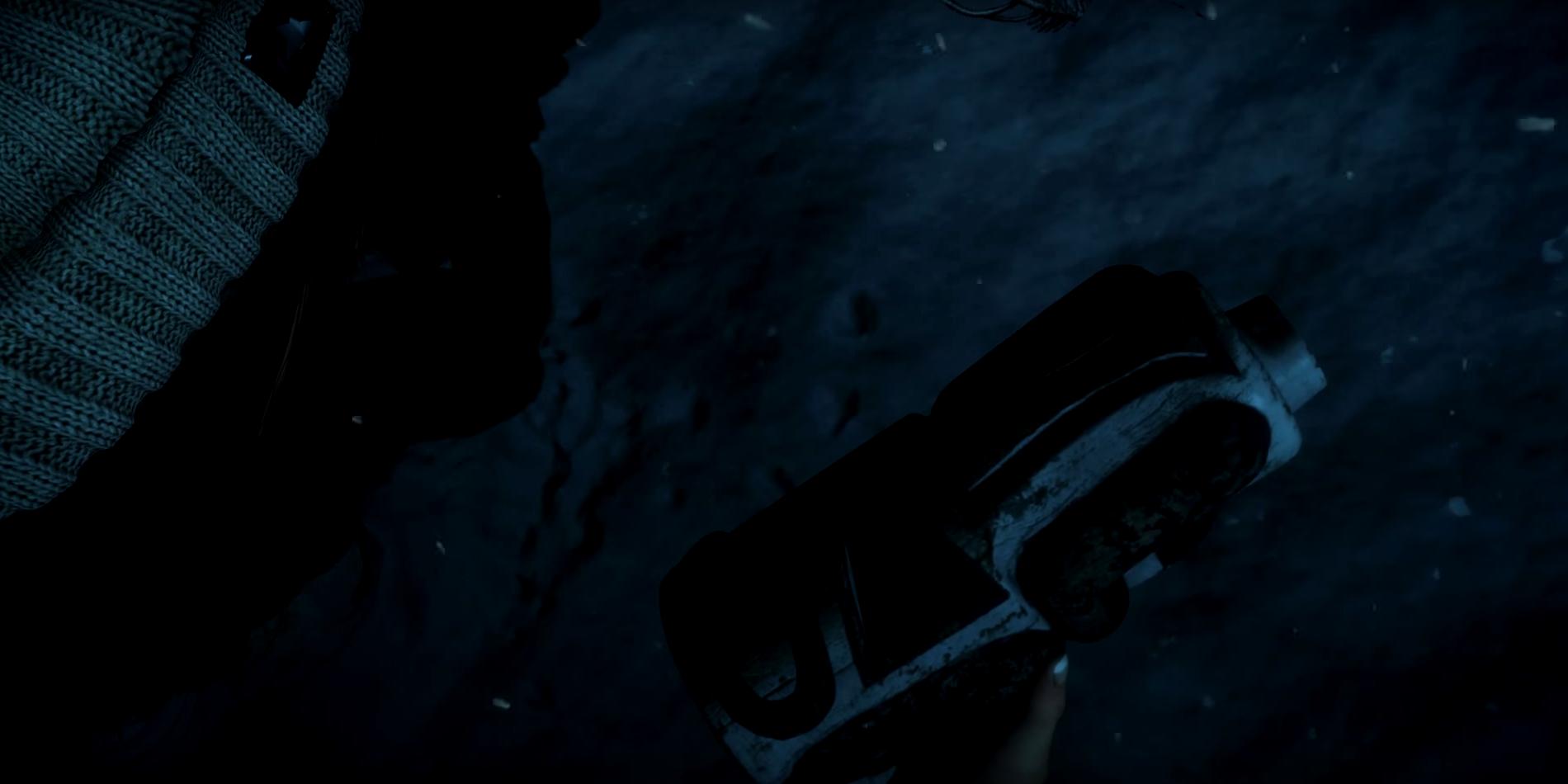
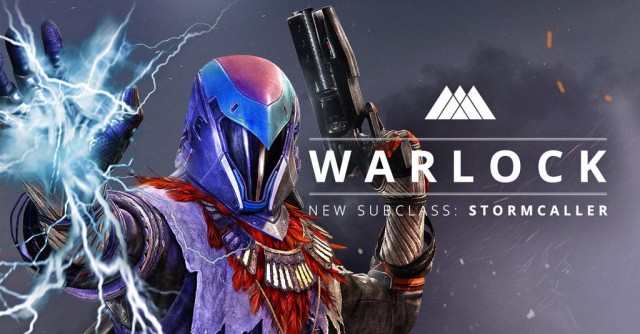
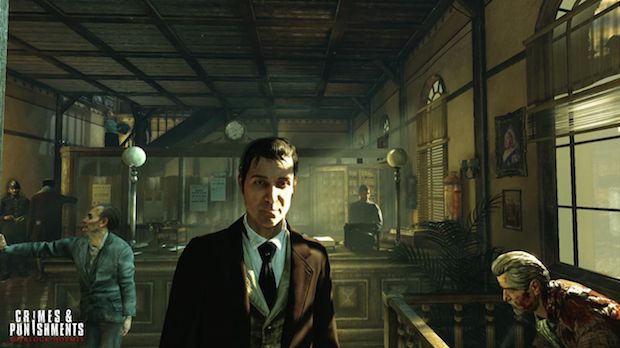
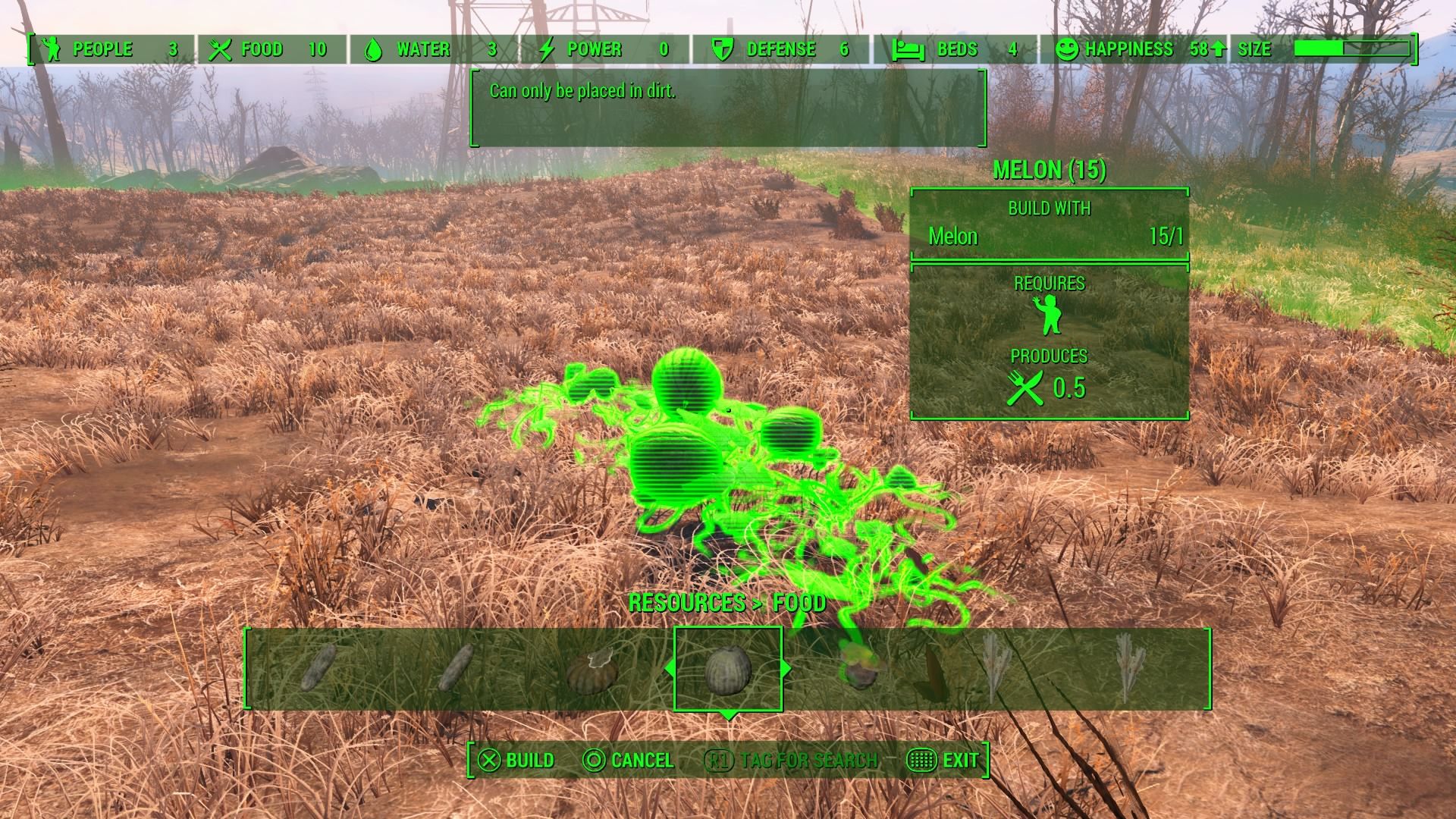
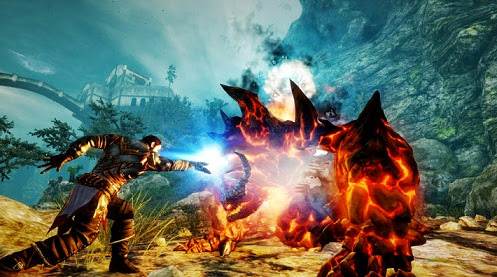 Skill Trainers / Locations in Risen 3 - Titan Lords (PC)
Skill Trainers / Locations in Risen 3 - Titan Lords (PC)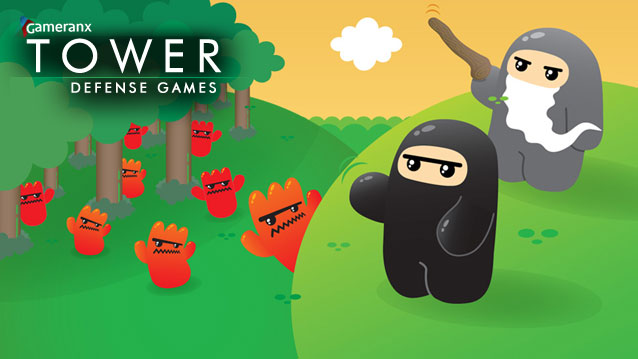 Best Tower Defense Games of All Time
Best Tower Defense Games of All Time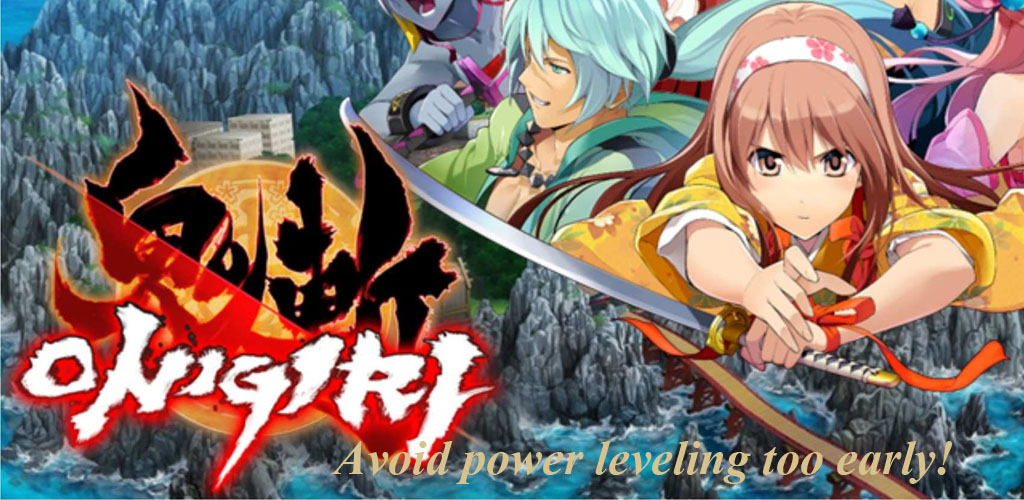 Onigiri: Why You Should Avoid Power Leveling Early On
Onigiri: Why You Should Avoid Power Leveling Early On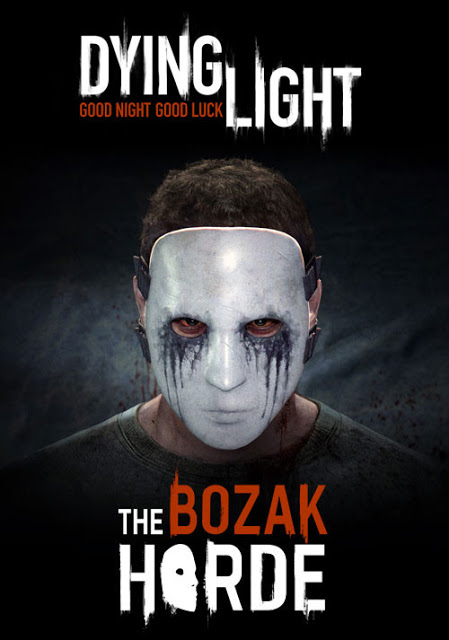 Dying Light - Bozak Horde all 20 Trials / Tasks guide
Dying Light - Bozak Horde all 20 Trials / Tasks guide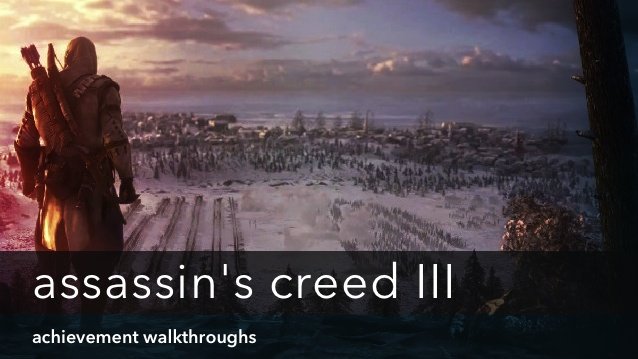 Assassins Creed 3 Achievement Walkthroughs | Guide
Assassins Creed 3 Achievement Walkthroughs | Guide